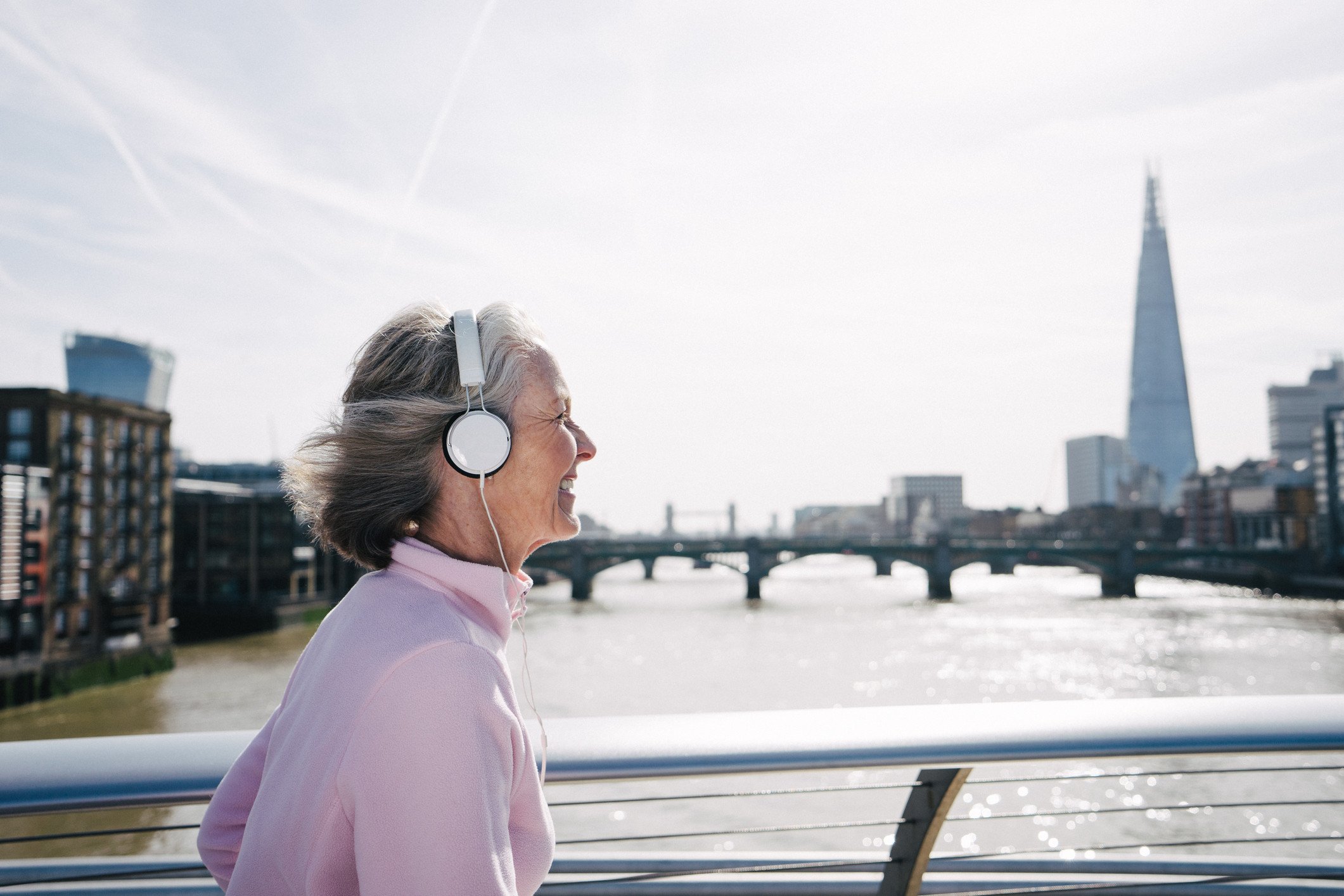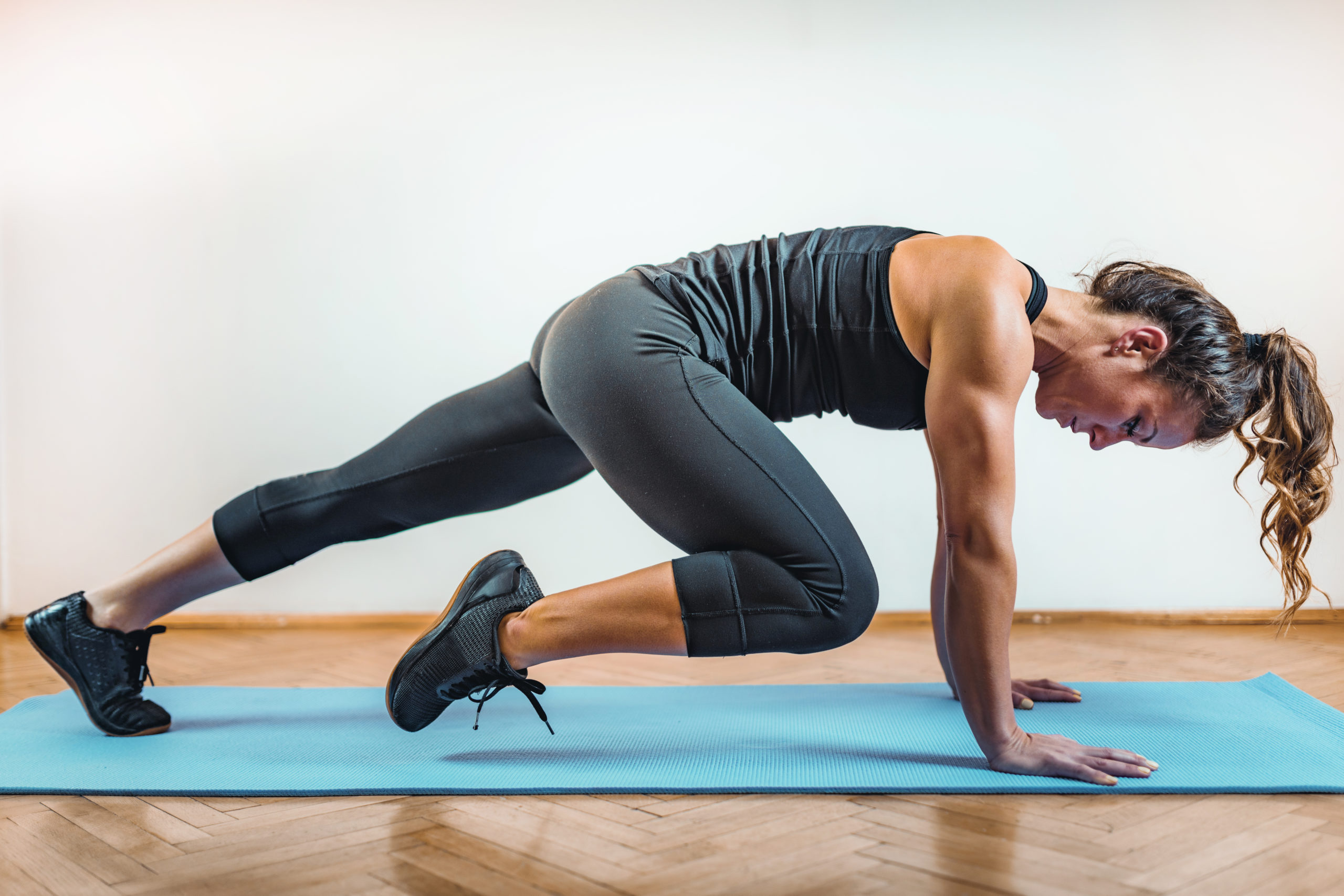More studies are pointing towards the ageing dangers of a sedentary lifestyle.
It’s well-known that brain inactivity results in cognitive decline due to the brain’s adaptive ability which causes synapses to perish if they don’t regularly undergo transmission. Similarly, lack of physical activity is detrimental to or physical health.
Physical inactivity is one of the top 10 leading causes of death according to the World Health Organisation, who report 60% – 85% of people in the world lead sedentary lifestyles. It’s linked to the development of chronic health problems including heart disease and dementia making inactivity a serious health issue.
Now a 2017 study, published in the American Journal of Epidemiology of 1,500 women aged 64 to 95, found those who spent most of their day sitting and exercised for less than 40 minutes a day had cells that were biologically eight years older than those who had active lifestyles.
These participants were discovered to have shorter telomeres, one of the main indicators of biological age.

What Are Telomeres?
Telomeres are the stretches of DNA at the end of chromosomes which protect our DNA, similar to the plastic tube at the end of a shoelace.
As our DNA divides, the telomeres do too, which causes them to get shorter and shorter, this is a natural process and closely linked with ageing. This process of shortening can be accelerated by our lifestyle choices, physical inactivity for example which results in premature ageing.
Not only this, but shortened telomeres have been linked with an increased risk of cardiovascular disease, diabetes and major cancers.

Stay Active Throughout Life
A daily walk is all that’s needed to combat the detrimental effects of physical inactivity.
“We found that women who sat for longer did not have shorter telomere length if they exercised for at least 30 minutes a day.” Dr Aladdin Shadyab, the lead study author, from the University of California San Diego School of Medicine, explains,
“Physical activity should continue to be part of our daily lives as we get older, even at 80 years old.”
Regular exercise also helps combat the inflammation that comes with ageing, prevents chronic diseases and studies have even shows physical activity helps reduce wrinkles.
Exercising your mind is just as important as staying physically active too. It’s crucial to keep active both physically and mentally to ensure you age well and stay strong throughout your life.





